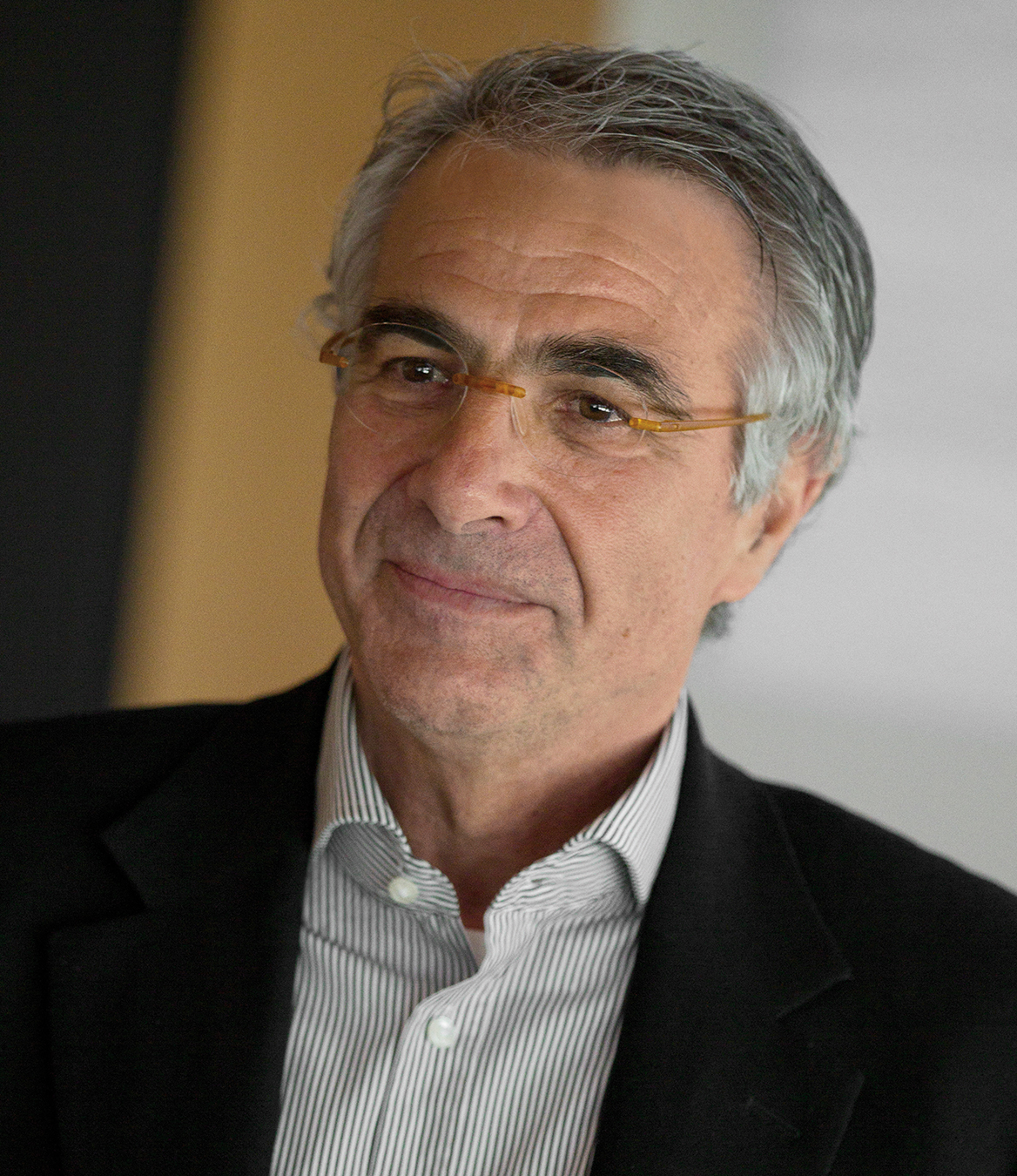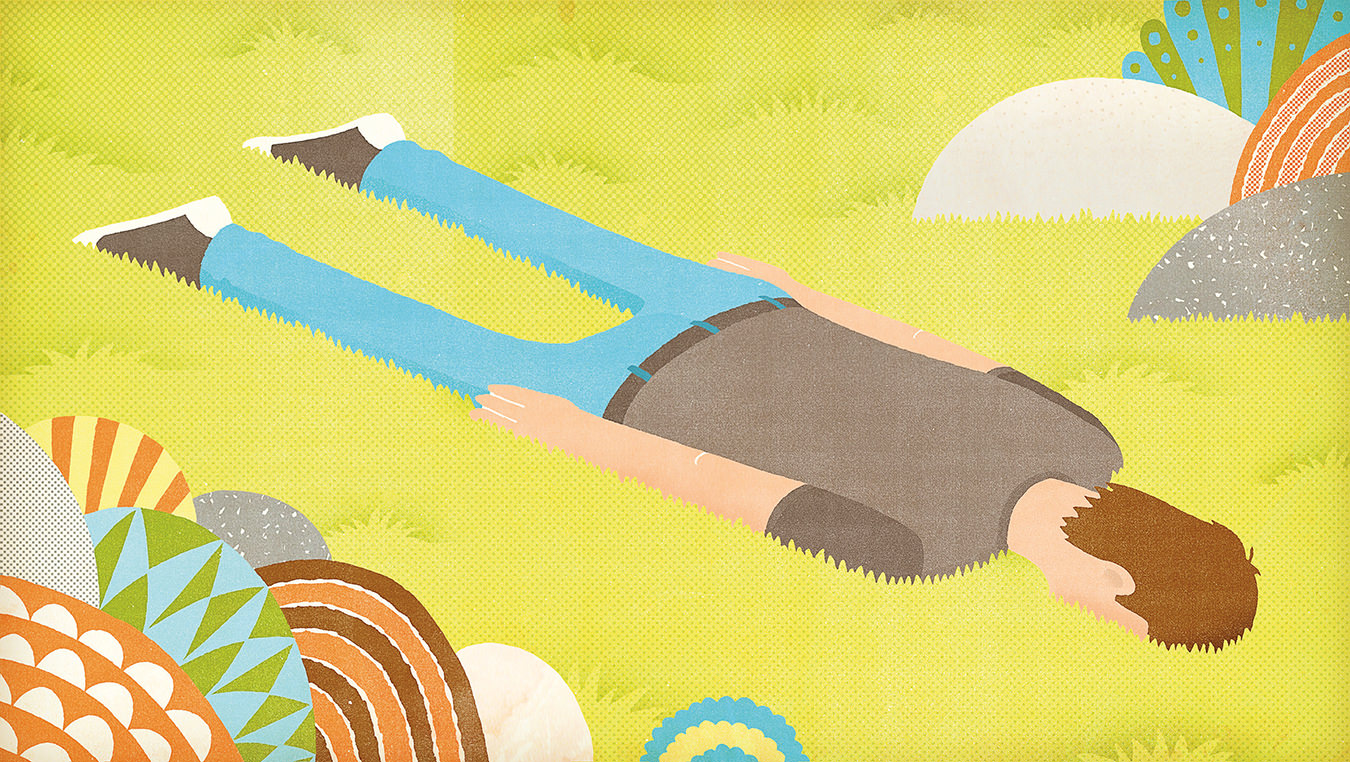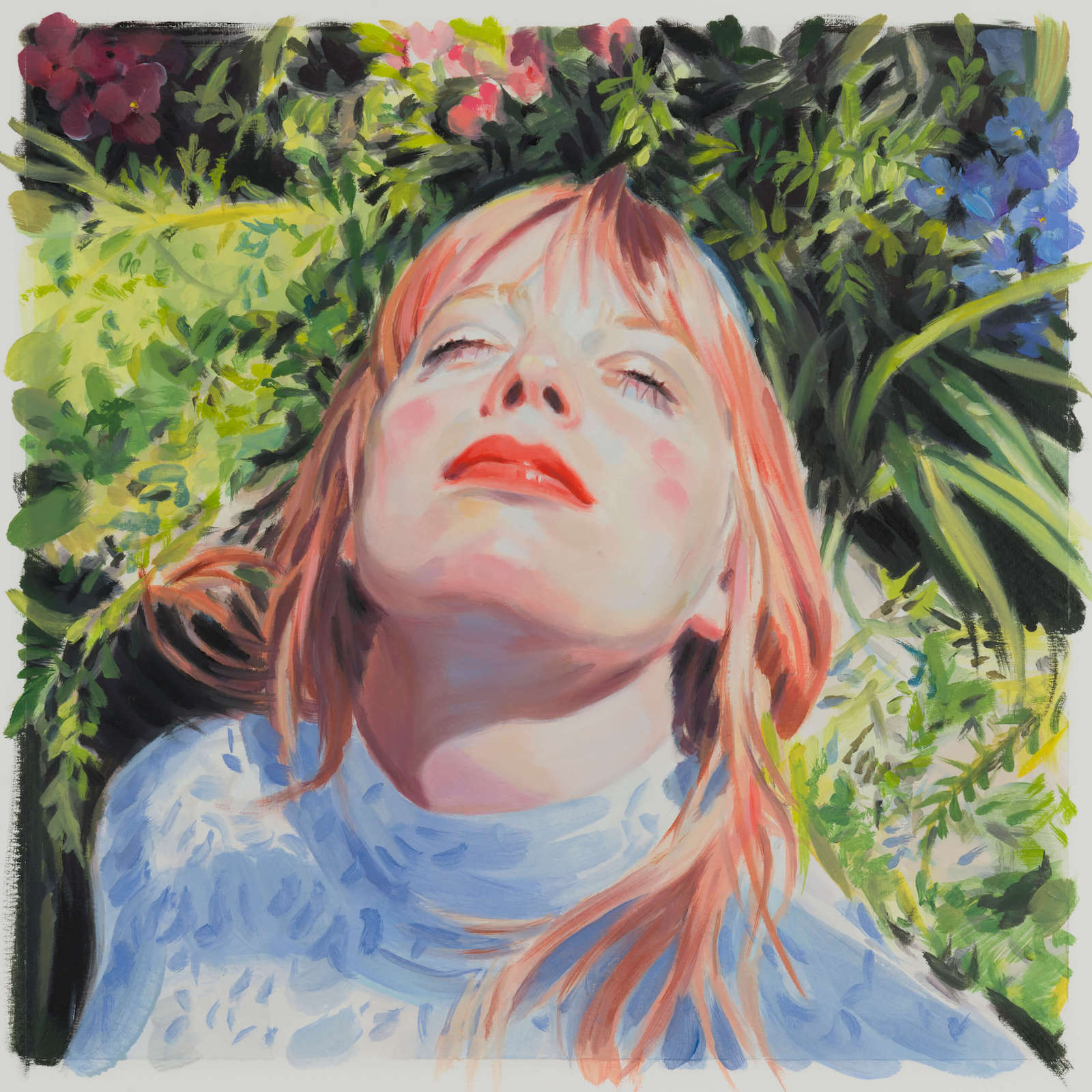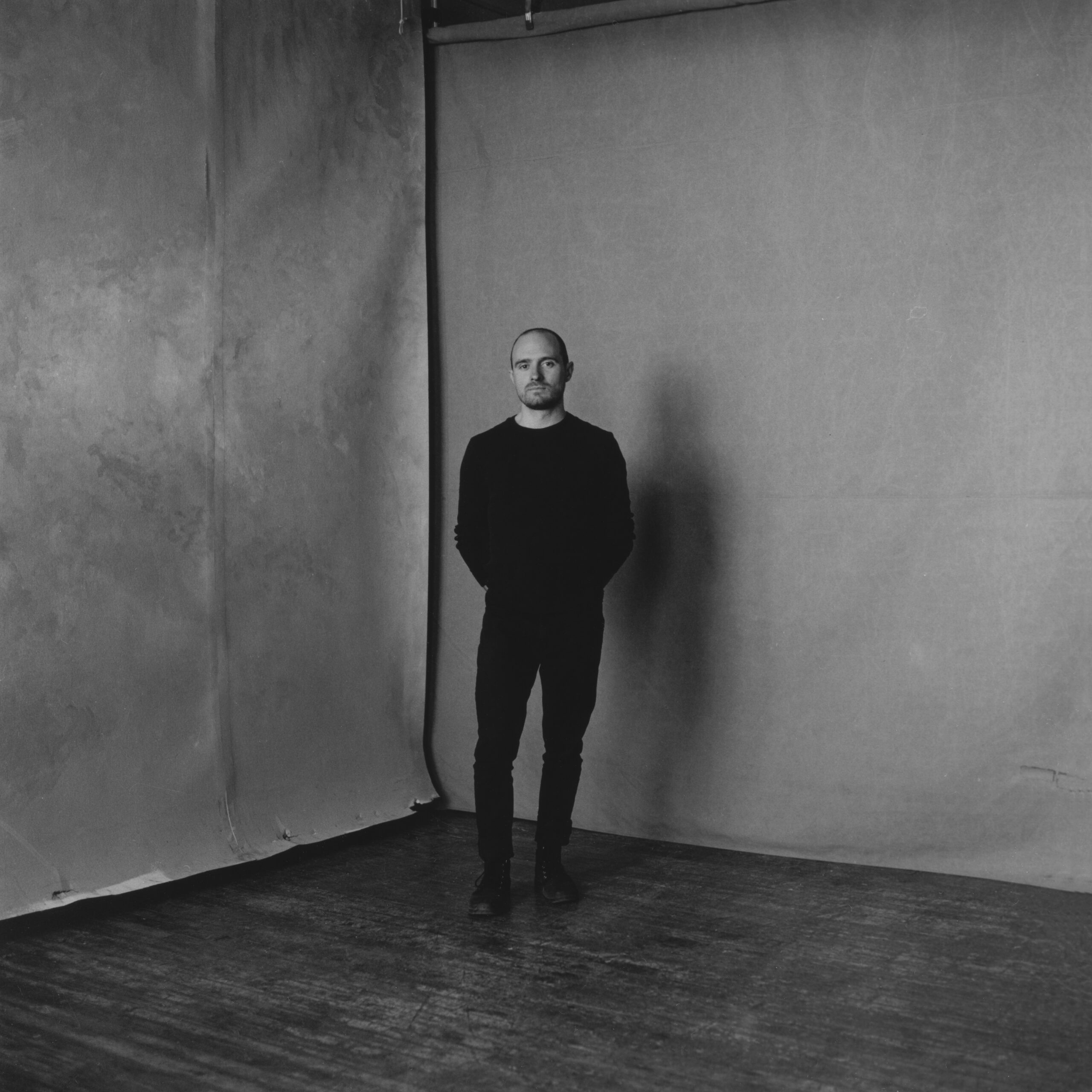Toronto Rapper TOBi on the Purpose of Music
Making history.
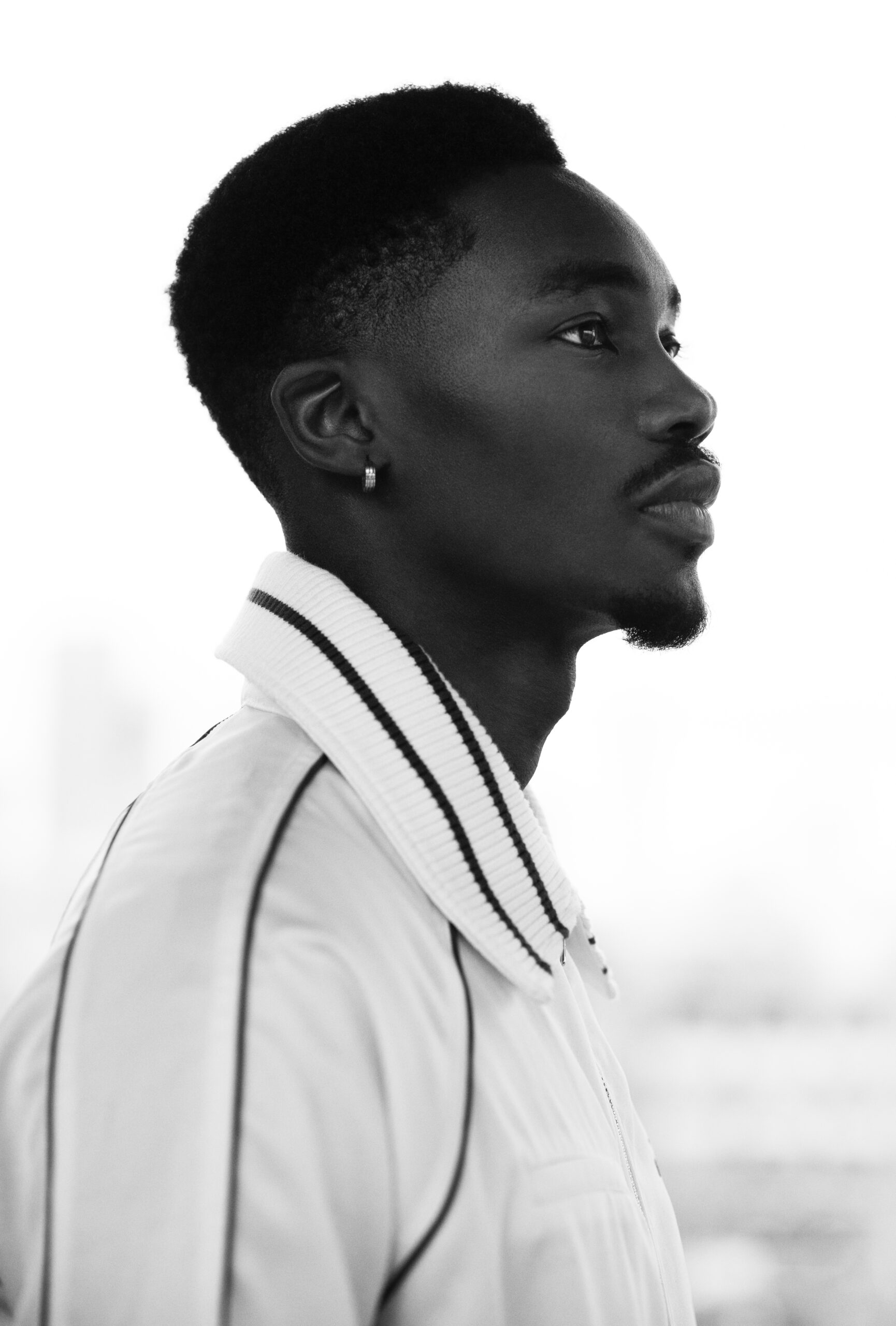
This story is part of our Black Canadian Artist Spotlight, a series promoting and highlighting exceptional Black musical talent across Canada. It is also a platform for Black Canadian artists to share their stories, opinions, and perspectives on racial equality and the steps we can take to enact lasting change in a country that is not exempt from a legacy of racism.
Earlier last year, rapper TOBi made history for his city by rounding up some of Toronto’s finest rappers to perform a remixed version of his song “24,” a track written in homage to the city while digging into the truths of what it means to be Black in Toronto. For “Toronto Remix,” Polaris Prize–winner Haviah Mighty and Juno-winning icons Shad and Jazz Cartier lend their own verses on the song, united by TOBi’s vision, touching on racial violence, stereotyping, and the experiences of Black youth. With TOBi’s signature groovy inflections and rousing guitar accompaniment by Ejji Smith, the rhythmic delivery balances the depth of the lyrical content.
The collaboration—an impressive feat in itself—would only become even more poignant a few months later when the summer 2020 protests reached their peak. But for Nigerian-born TOBi, making music about his experiences has always been part of his artistic process, from his breakout single “City Blues” to tracks from his latest project ELEMENTS Vol. 1 like “Made Me Everything,” which includes lines such as: “Well spoken for a black man / That’s how you serve a compliment with your back hand.”
There’s a dual purpose to his songs: one born out of necessity and one born out of healing. “Some of the songs that people most know me for, they’re social critiques,” TOBi says. “That’s one part of it. The other part of it is to help heal folks who are marginalized, who feel they are not being represented in the mainstream space.”
At a time when racial inequalities have been pushed to the forefront of conversations—albeit at risk of becoming “trendy”—the rapper has been reflecting on his place as an artist. “It’s definitely made me more aware of my craft,” he says of last summer’s movement. “And the role I play as a musician highlighting these topics in my songs, which I’ve been doing for years. Seeing it play out in real life, it’s been kind of tough. I guess a part of you thinks that when you make a song, it’s going to help the situation, and I think it does because it makes people aware, but it’s still frustrating to see the same things play out over and over.”
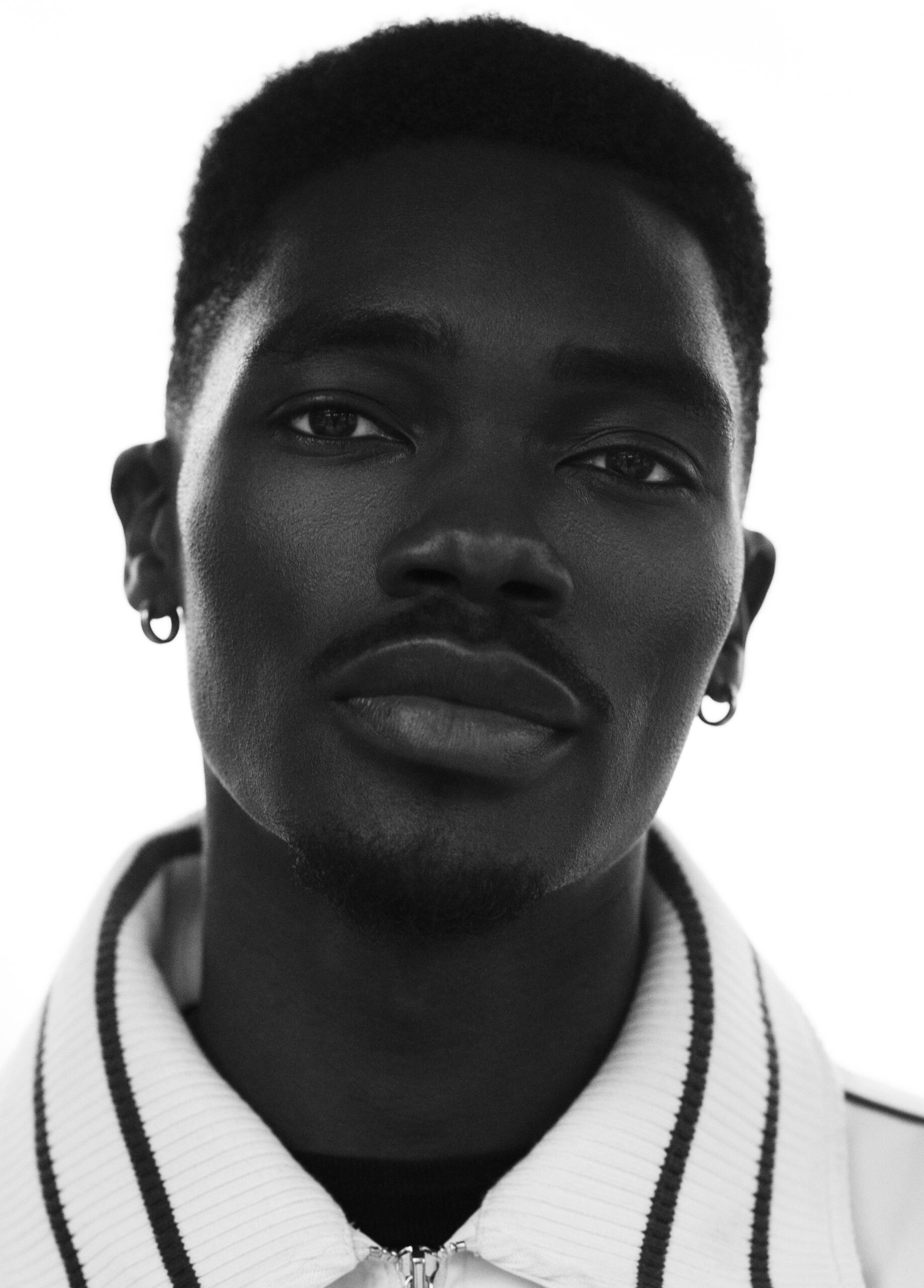
One of his concerns—and a common frustration with lots of people of colour in Canada—is the persistent denial of racism in the country, which benefits from an enduring stereotype of being “nicer” than our neighbours to the south. “One of the common phrases I’ve heard from Canada is that we’re so different from the United States so why are people so up in arms? I disagree with that because, even though this is a different country, ideas flow between the two countries. There’s so much cultural exchange happening,” he says. “The root of what goes on in the States, it happens in Canada [too.] It’s just on the surface [and] it may look different, but there are so many similarities in that root of structural racism. It doesn’t just stop at the border.”

He considers the nuances of allyship and the risks of social media giving rise to performative behaviours. “I have a lot of respect for the Black women who thought of the idea [of Blackout Tuesday], but then it got co-opted and it became a kind of performative thing,” he says. “But that’s emblematic of society at large. Anytime there’s something like grassroots or spurred out of genuine innovation, it just takes on a whole world of its own by people who aren’t there.”
Enacting incremental change, for TOBi, is about “tapping into a community [of] folks who are doing the work to make structural change.” And for all its faults, social media remains the most useful tool in finding these communities. “Even though we find ourselves getting more and more into these weird diametrically opposite echo chambers, at least we can mobilize on the ground and connect.”
It’s a testament to the times where the confluence of political activism and technology can give rise to a global movement. “You had people in France or Africa protesting what was going on in the United States.” he says. “That’s the power of humanity and collective will coming together.”
Video directed by Chrris Lowe, DOP Charles Graham, First Assistant Camera Omari Burke, Production by GLDN Productions, Grooming by Mayillah, Shot on location at The Broadview Hotel.
Read our profile of TOBi from Issue 87 here.





